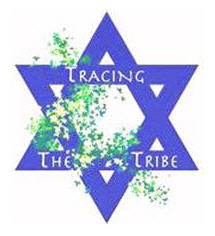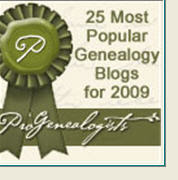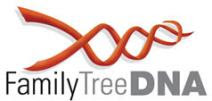This city is pretty and very jolly. People sit shoulder to shoulder in sunny beer gardens, drinking from mugs the size of small wastebaskets. Marienplatz, the square in the center of town, bustles day and night. The ubiquitous pastry shops are so tempting. The Baroque palaces and churches are stunning. The city's art museums, particularly the Alte Pinakothek, are among the best in Europe. In a city of 1.3 million, there are two opera houses and three symphony orchestras.
But Munich is also where Adolf Hitler and the Nazi party got started.
During the Nazi regime, Munich's synagogues were smashed and 4,500 Munich Jews were murdered.
Kreuzer provides details on one of her great-grandfathers - Adolph Ullman - born there in 1858 and whose family lived in the Jewish Quarter. He, his brother and sister emigrated to the United States. A family album with some 19th century Munich photos was brought by Ullman, and she was curious to see where he came from.
Although initially reluctant to return, Kreuzer returns when a new synagogue and a Jewish Museum open in the city.
The synagogue, the Jewish Community Center and the Jewish Museum are in the heart of the town, where a centuries-old market was located. It was an 18th century ghetto and, after the war, a parking lot. She visits the old Jewish cemetery:
The next day I went to the old Jewish cemetery on Thalkirchnerstrasse in Sendling on the outskirts of Munich. The first burial in this cemetery was on March 24, 1816 - a 7-day-old boy. He was the twin brother of my great-great grandmother, Terese Neustaetter Ullmann.
Caretaker Frau Johanna Angermeier has a register from 1882 listing grave locations from 1816. She finds Kreuzer's great-great-great grandfather Israel Neustaetter (1833) and her great-great grandfather Nathan Ullmann (1863), Terese's husband, and shows her the graves.
I thought about Nathan's descendents in America -- lawyers, writers, artists, businessmen, inventors (including Carl Sontheimer, the founder of Cuisinart) -- and how remarkable it was that around 130 years after my great-grandfather had left Munich, I was able to return and find Nathan. When I got up, I placed a small stone on his tomb to show that I'd been there.
Angermeier's in-laws were the cemetery caretakers during the Nazi era, and smuggled the burial register to a relative in Bavaria who hid it during the war. There were many Ullmans, Neustaetters and Obermayers in the register.
For the complete story, click here.





































Just to make things right: the Munich Jewish communities are absolutely not welcoming at all.
ReplyDeleteAnd there is still antisemitism in Germany.